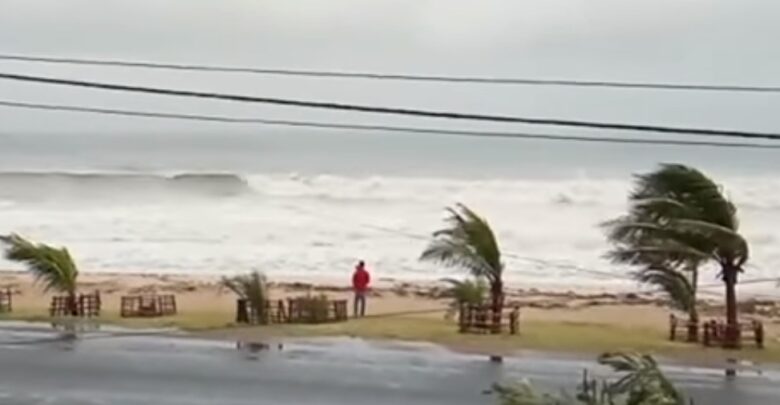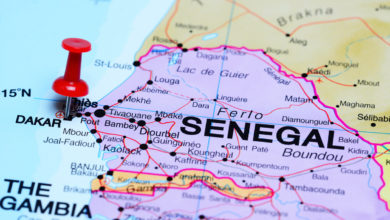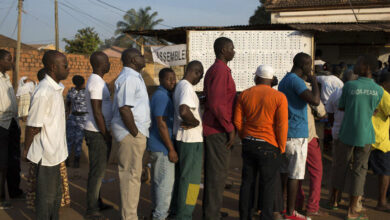World
Cyclone Kenneth To Bring Heavy Rains To Mozambique In Upcoming Days

Cyclone Kenneth made landfall in northern Mozambique Mozambique’s northern province of Cabo Delgado on Thursday evening. The cyclone struck with wind speeds equivalent to a category four hurricane, but its strength downgraded after winds weakened.
Experts fear that Mozambique will most likely have to face rainfall of up to 800mm in precipitation in the upcoming days. There are warnings that days of heavy rain could lead to serious flooding and landslides in Mozambique.
According to Mozambique’s emergency situation institute (INGC), one person had been killed by Cyclone Kenneth as a result of a falling coconut tree at Pemba in Cabo Delgado. The cyclone had already killed three people on Comoros as it hit with winds of 220km/h (140mph). The strong winds have caused widespread power outages and damage to homes in Comoros.
While the wind’s intensity eased on Friday, France’s meteorological agency said 600-800mm of rain was expected to land on Mozambique over coming days. The volume of rain would be nearly double the 10-days accumulated rainfall that caused severe flooding in the port city of Beira during Cyclone Idai.
Cyclone Idai was the most powerful storm to strike the region in decades. It resulted in mass destruction through Mozambique, Malawi, and Zimbabwe and left more than a thousand dead and causing damage estimated at around $2 billion (1.8 billion euros).
Meanwhile, disaster management agencies have raised concerns about the effect of the heavy rain on communities prone to flooding and landslides.
According to a spokesman for Mozambique’s National Institute of Disaster Management (INGC), the government has evacuated more than 30,000 people from areas likely to be hit by the cyclone as a precaution. The INGC said it has made arrangement of food supplies to assist 140,000 people for 15 days.
The United Nations World Food Programme said it was chalking out emergency preparedness plan along with the Mozambican government and other humanitarian groups.





